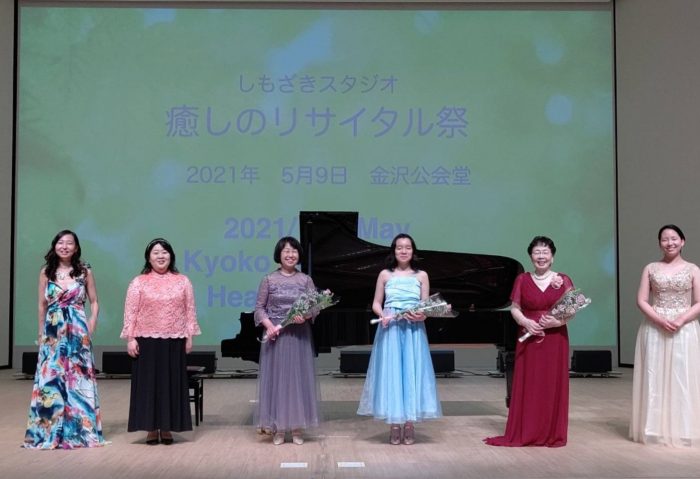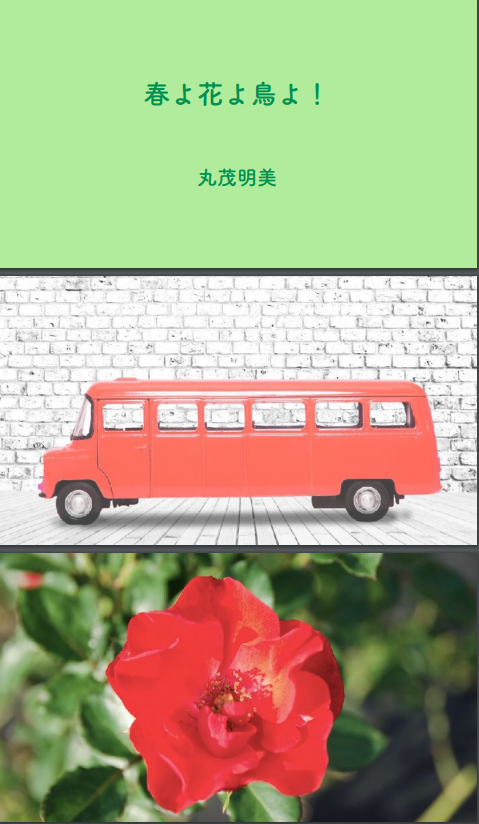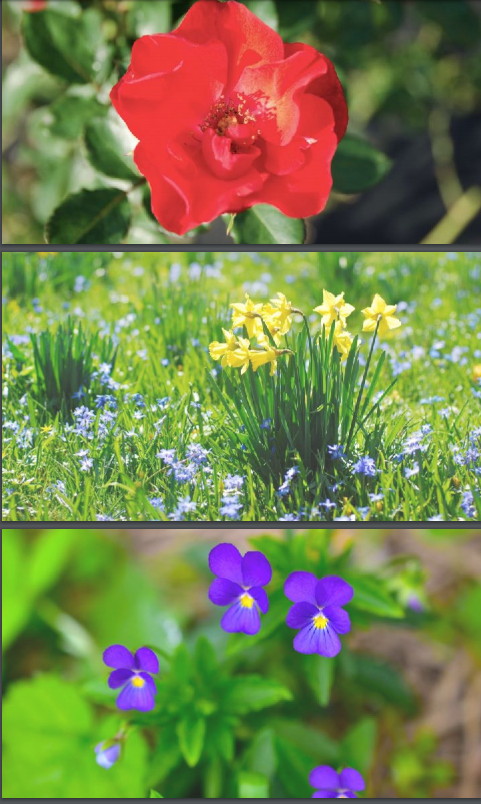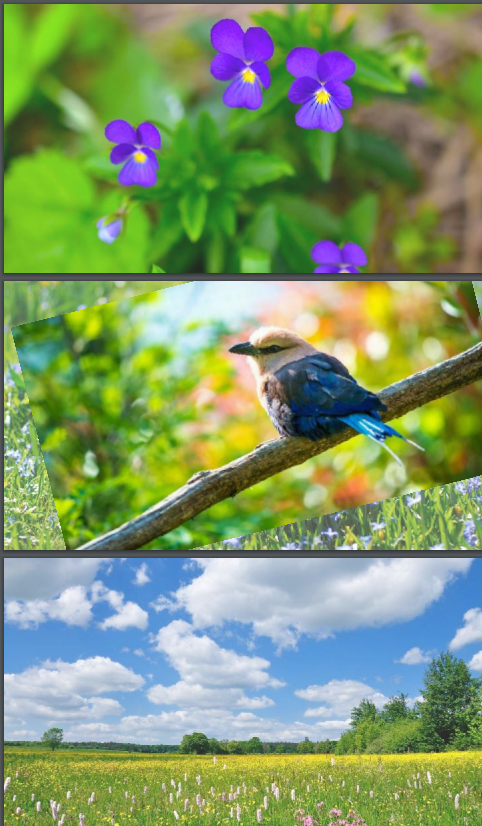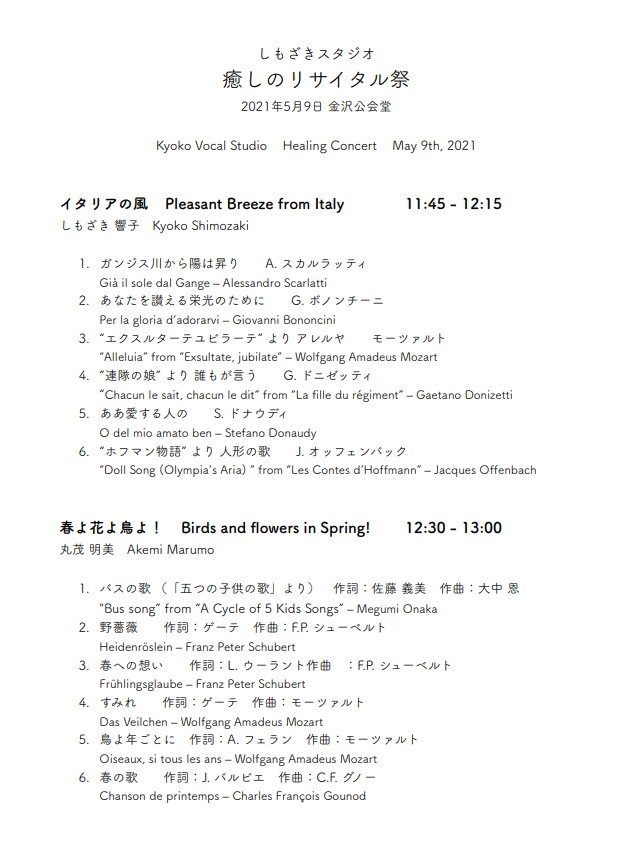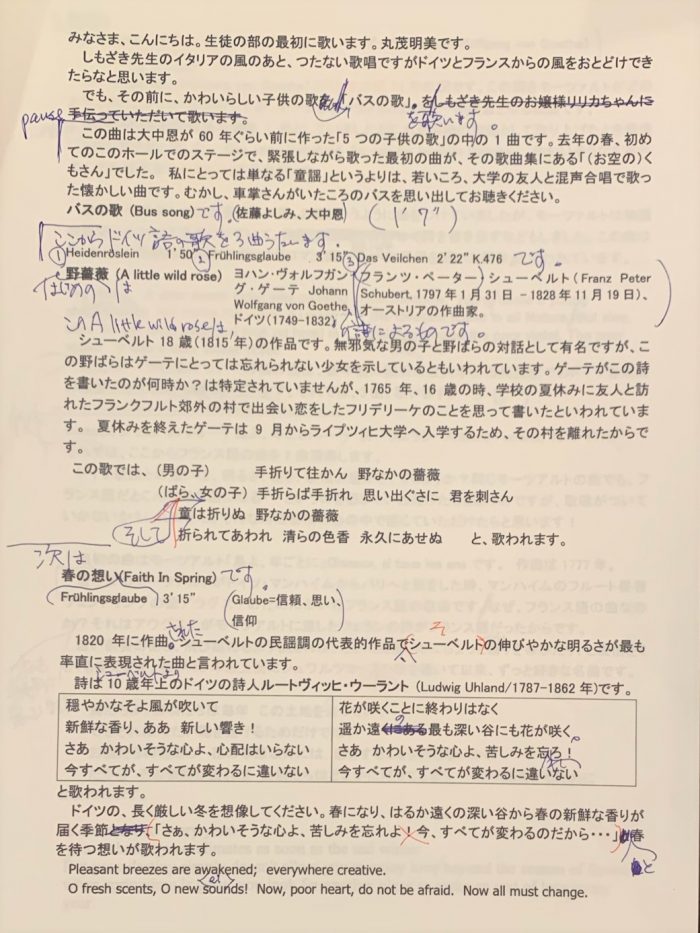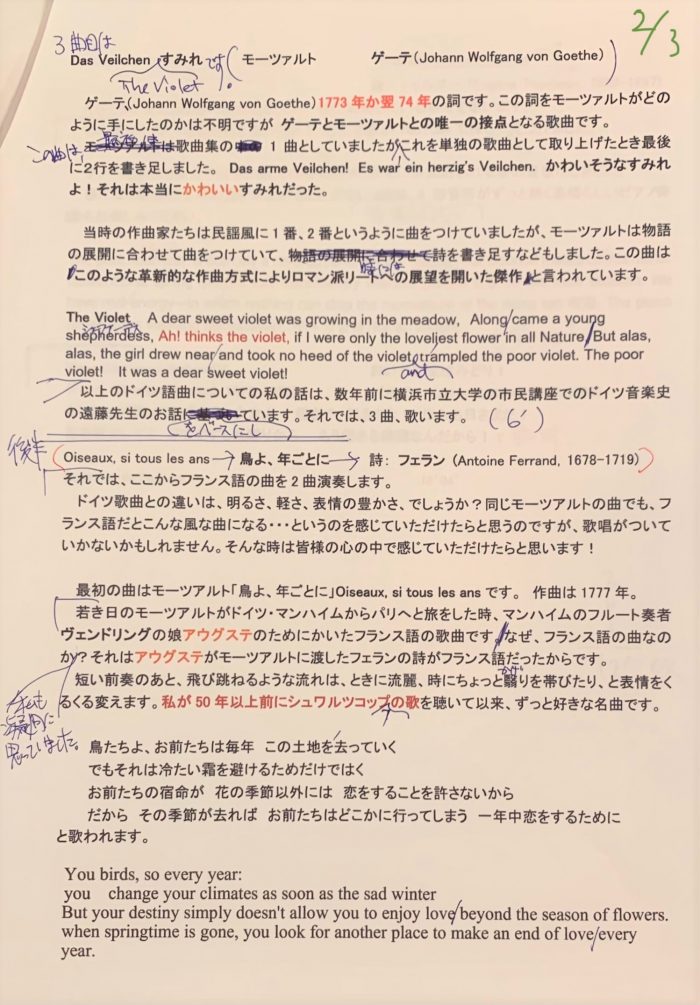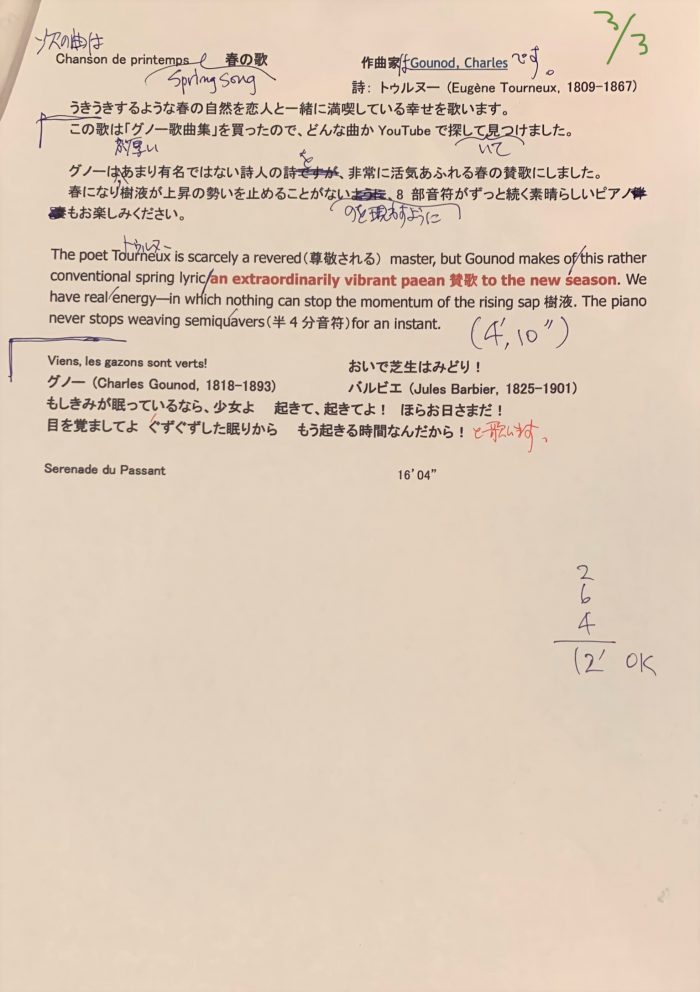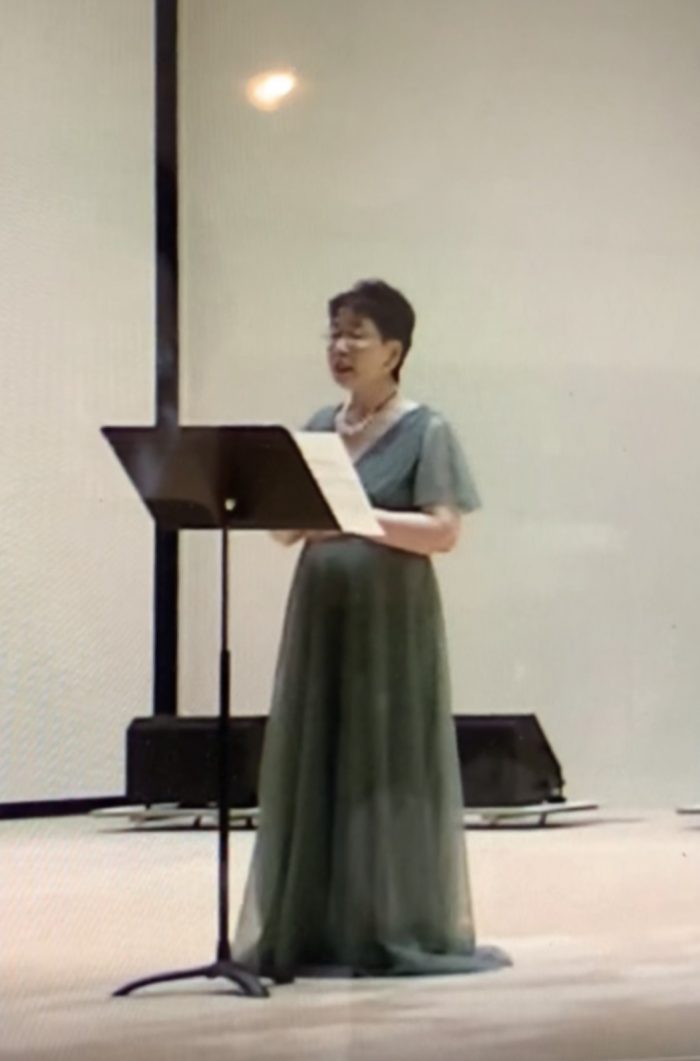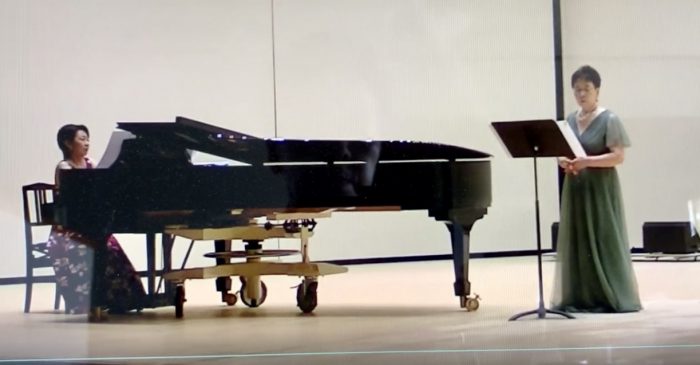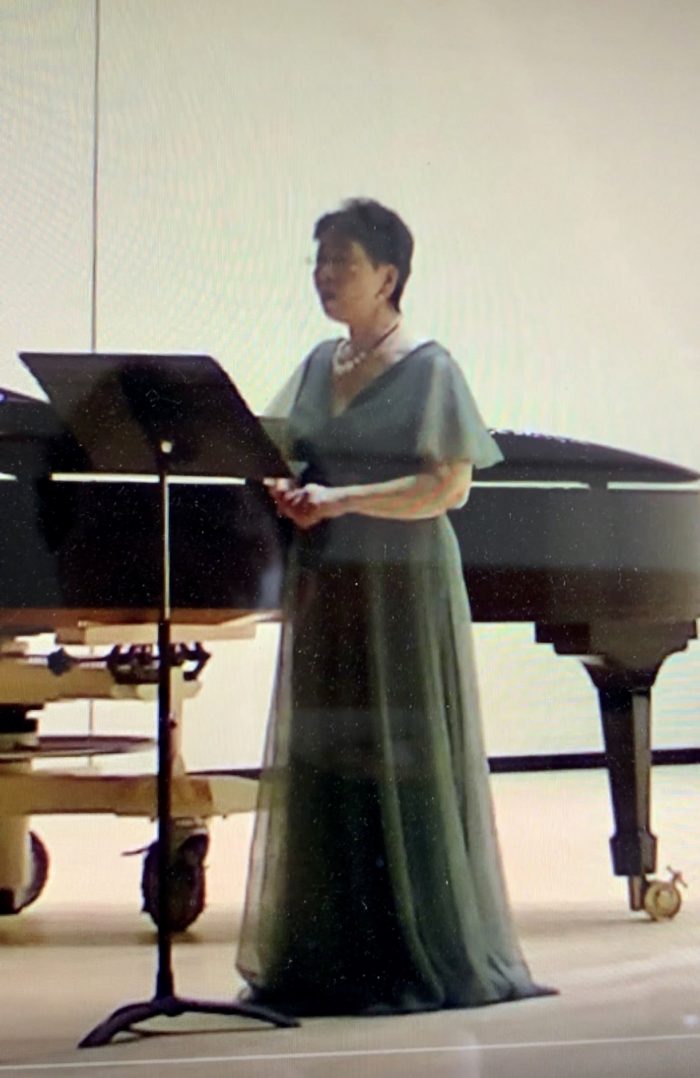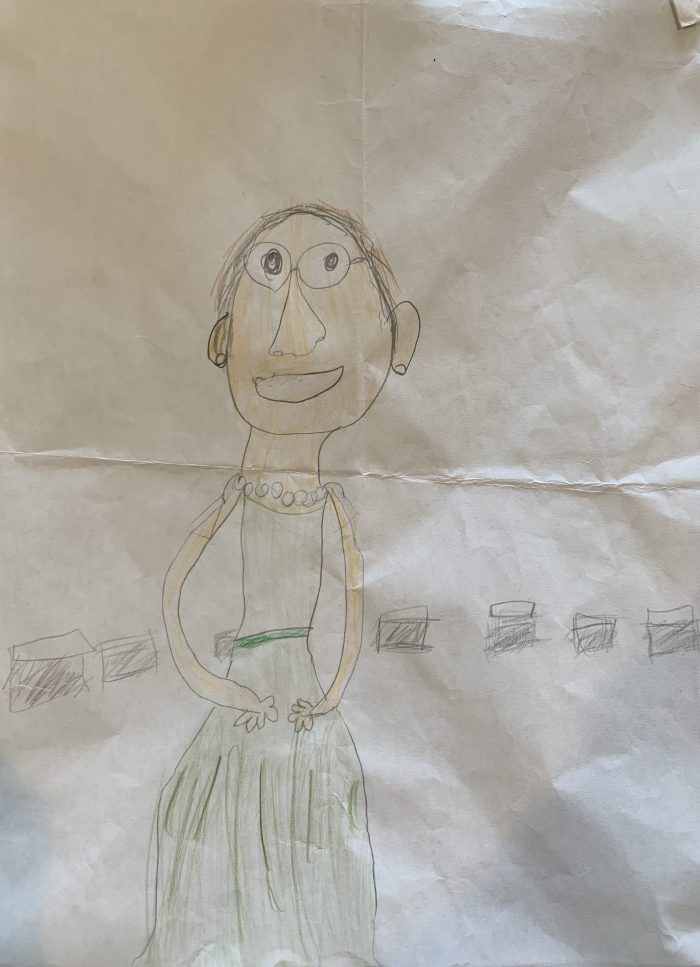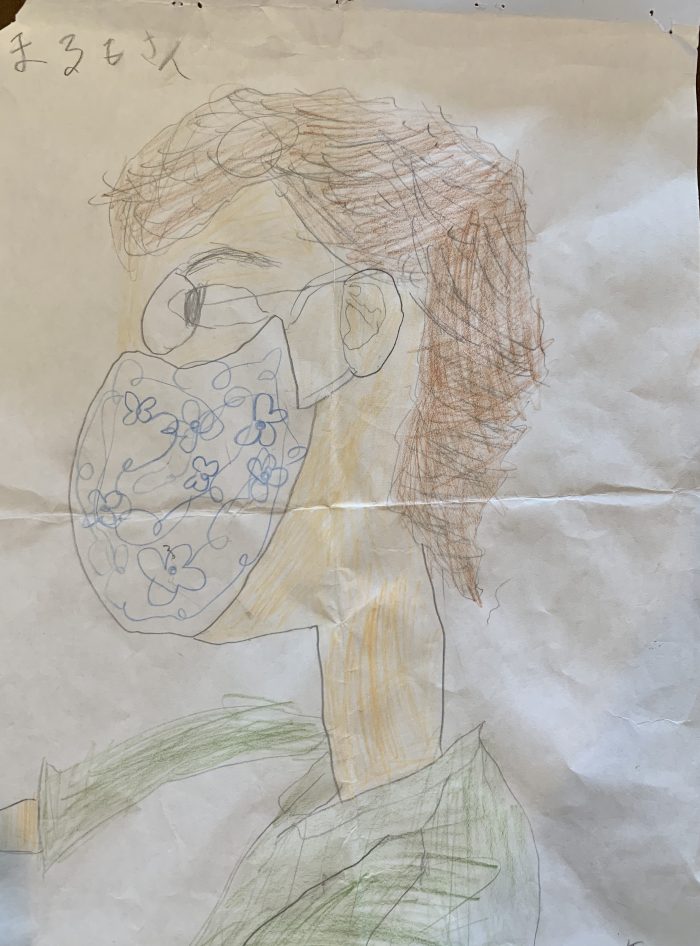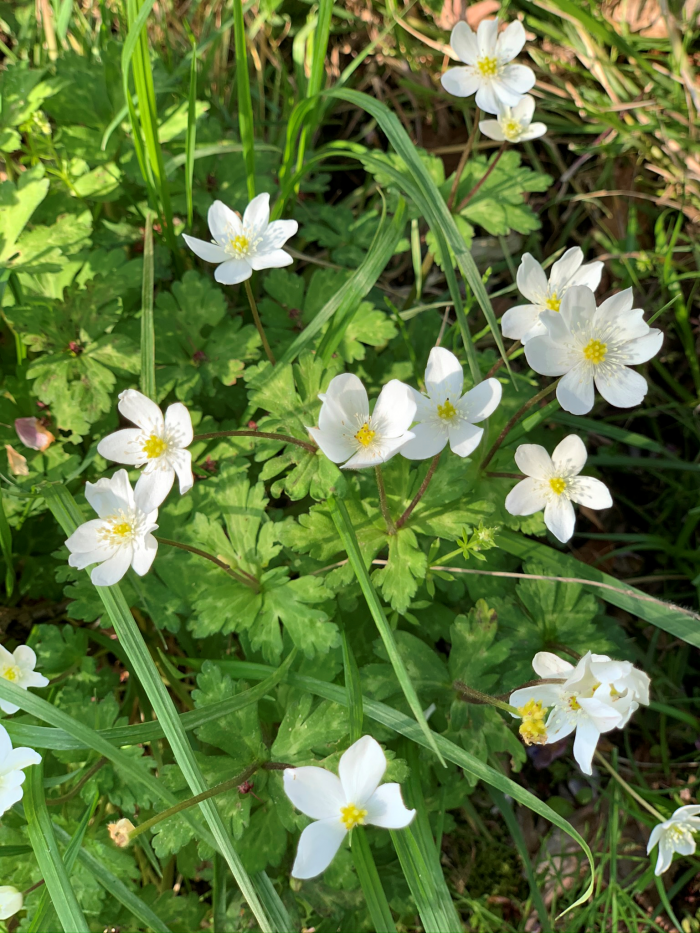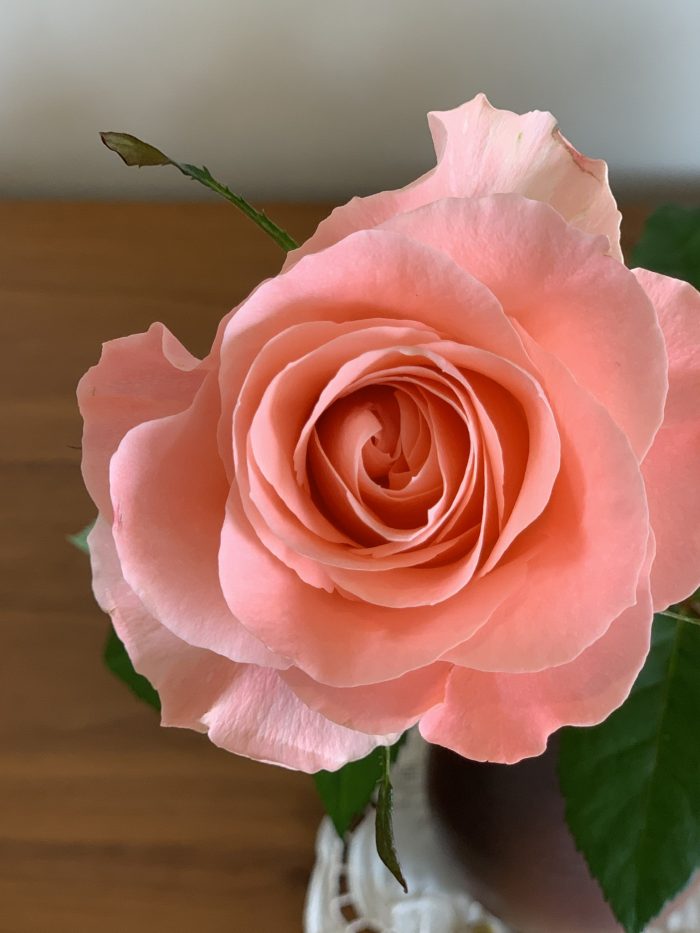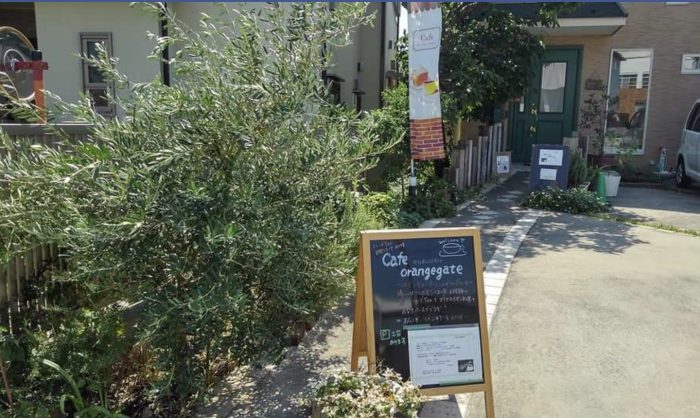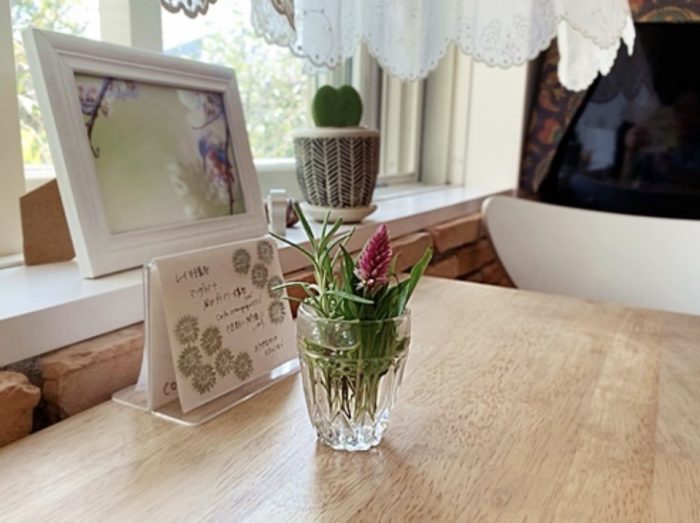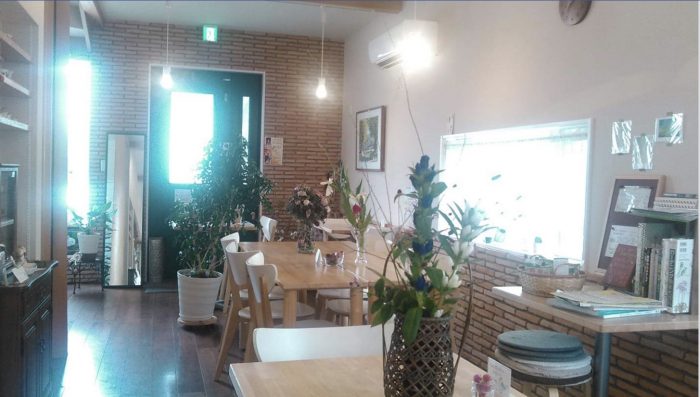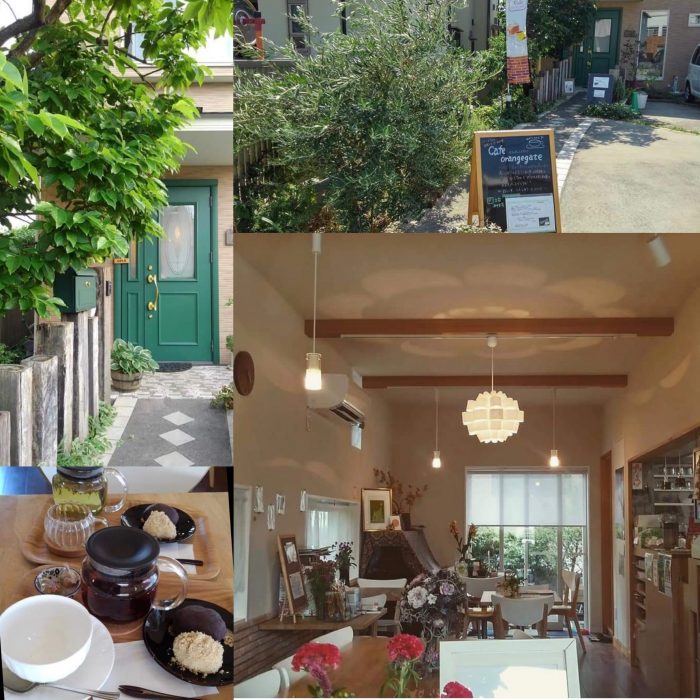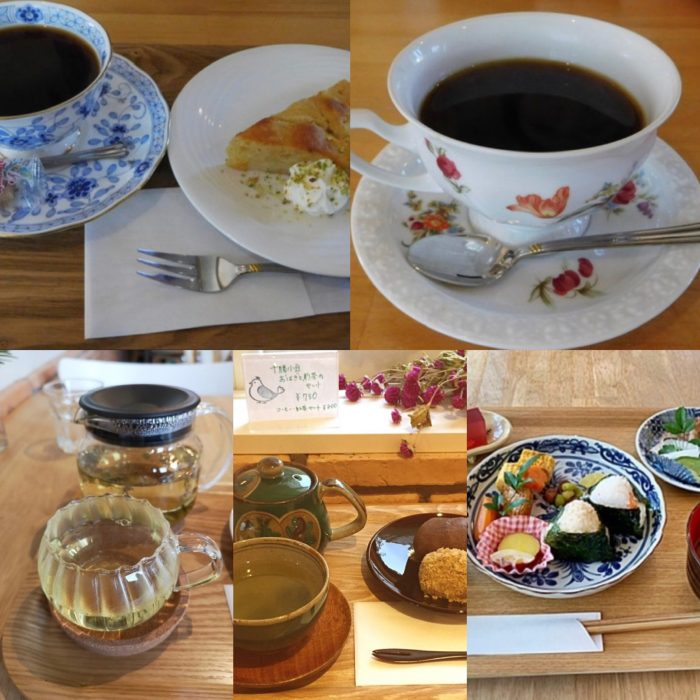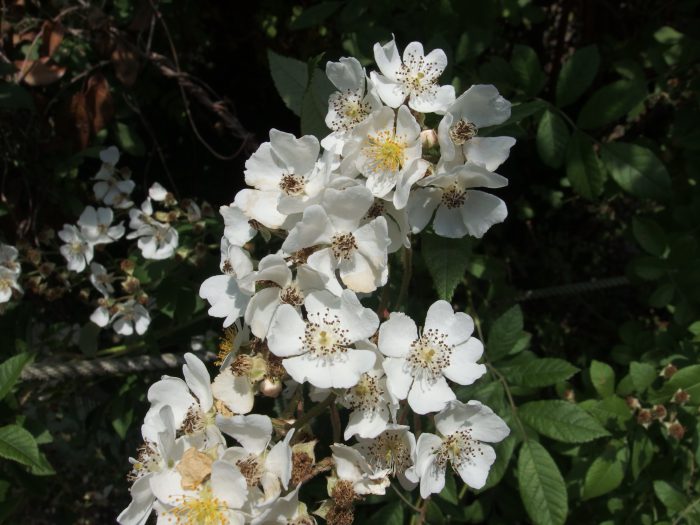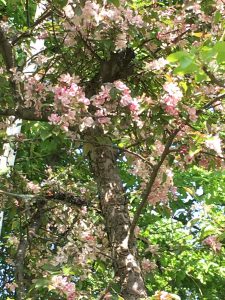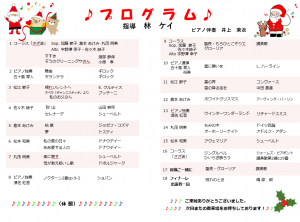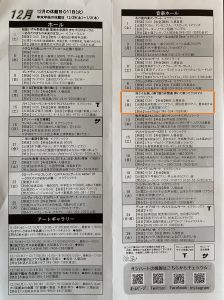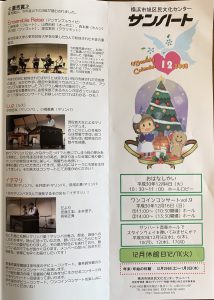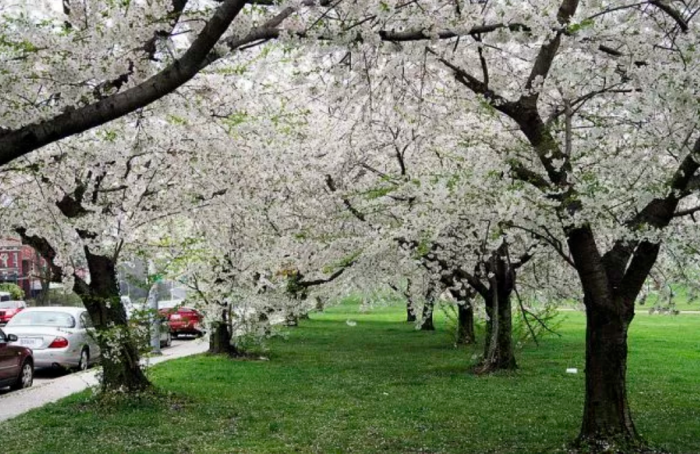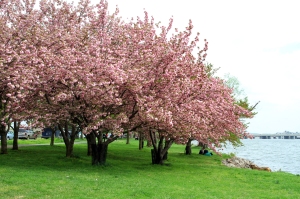Spring
Sound the flute!
Now it’s mute!
Bird’s delight,
Day and night,
Nightingale,
In the dale,
Lark in sky,—
Merrily,
Merrily merrily, to welcome in the year.
Little boy,
Full of joy;
Little girl,
Sweet and small;
Cock does crow,
So do you;
Merry voice,
Infant noise;
Merrily, merrily, to welcome in the year.
Little lamb,
Here I am;
Come and lick
My white neck;
Let me pull
Your soft wool;
Let me kiss
Your soft face;
Merrily, merrily, to welcome in the year.
さあ、フルートを鳴らそう!
まだまだ聞こえないよ!
鳥たちは昼も夜も賑やかな様子だ。
ナイチンゲールは谷間の中で
ツグミは大空の下で
元気に歌っている。
そう、元気が大事。
このまま元気に今年の春を
迎えようじゃないか。
William Wordsworth
Lines Written in Early Spring
I heard a thousand blended notes,
While in a grove I sate reclined,
In that sweet mood when pleasant thoughts
Bring sad thoughts to the mind.
To her fair works did Nature link
The human soul that through me ran;
And much it grieved my heart to think
What man has made of man.
Through primrose tufts, in that green bower,
The periwinkle trailed its wreaths;
And ’tis my faith that every flower
Enjoys the air it breathes.
The birds around me hopped and played,
Their thoughts I cannot measure:—
But the least motion which they made
It seemed a thrill of pleasure.
The budding twigs spread out their fan,
To catch the breezy air;
And I must think, do all I can,
That there was pleasure there.
If this belief from heaven be sent,
If such be Nature’s holy plan,
Have I not reason to lament
What man has made of man?
‘Lines Written in Early Spring’ is written in quatrains rhyming abab; the metre is iambic pentameter, that rhythm of living speech (in the English language, at least) that was what Wordsworth was trying to capture in Lyrical Ballads, as his 1800 Preface would make clear. And the poem should be read in the context of Wordsworth’s other poems from this time.
木々の間に横たわった私は
自然の奏でる音を聞いた
すると心地よい思いはいつしか
悲しい思いに変わっていた
人間の心は自然の一部
私も自然と結びついている
だがそのことが私を悲しくさせる
人間は自然に何をしたかと
プリムローズの繁み越しに
ペリウィンクルの花が連なる
花々は自然の息吹を享受している
そう私は確信する
小鳥たちは跳ねつつ飛び交う
彼らの思いは計り知れぬが
ちょっとしたその仕草にも
生きる喜びが感じられる
つぼみを含んだ枝々が広がり
そよ風を受け止めようとするのを見ると
そこにもまた喜びがあると
そう私は思わずにはいない
‘Loveliest of trees, the cherry now‘
A. E. Housman (1859-1936) didn’t write a great deal of poetry. When he died, he had published just two slim volumes, A Shropshire Lad (published at his own expense in 1896) and the fittingly titled Last Poems (1922). The second poem in Housman’s perennially popular A Shropshire Lad, the poem that begins ‘Loveliest of trees, the cherry now’, is one of his most widely anthologised poems. Below is the poem, with some notes towards an analysis of its meaning and language.
Loveliest of trees, the cherry now
Is hung with bloom along the bough,
And stands about the woodland ride
Wearing white for Eastertide.
Now, of my threescore years and ten,
Twenty will not come again,
And take from seventy springs a score,
It only leaves me fifty more.
And since to look at things in bloom
Fifty springs are little room,
About the woodlands I will go
To see the cherry hung with snow.


